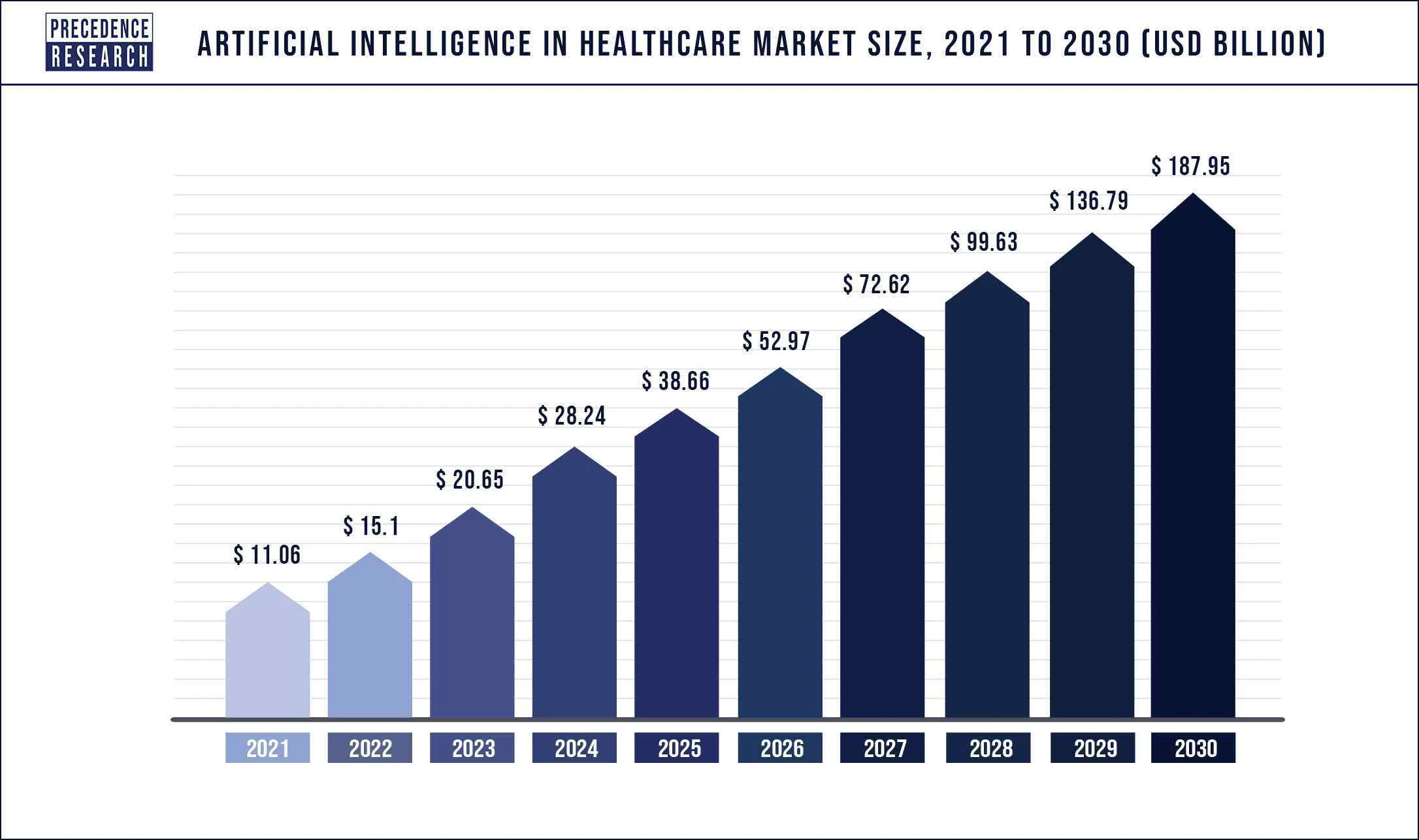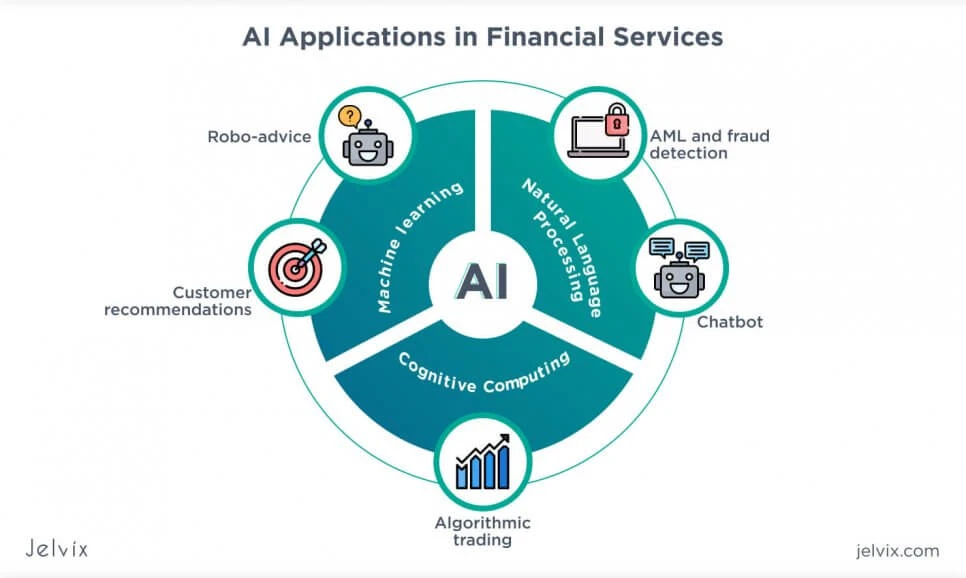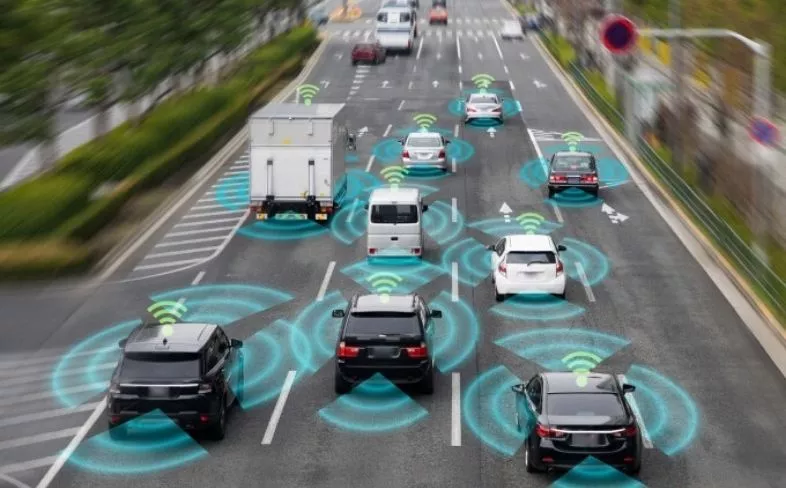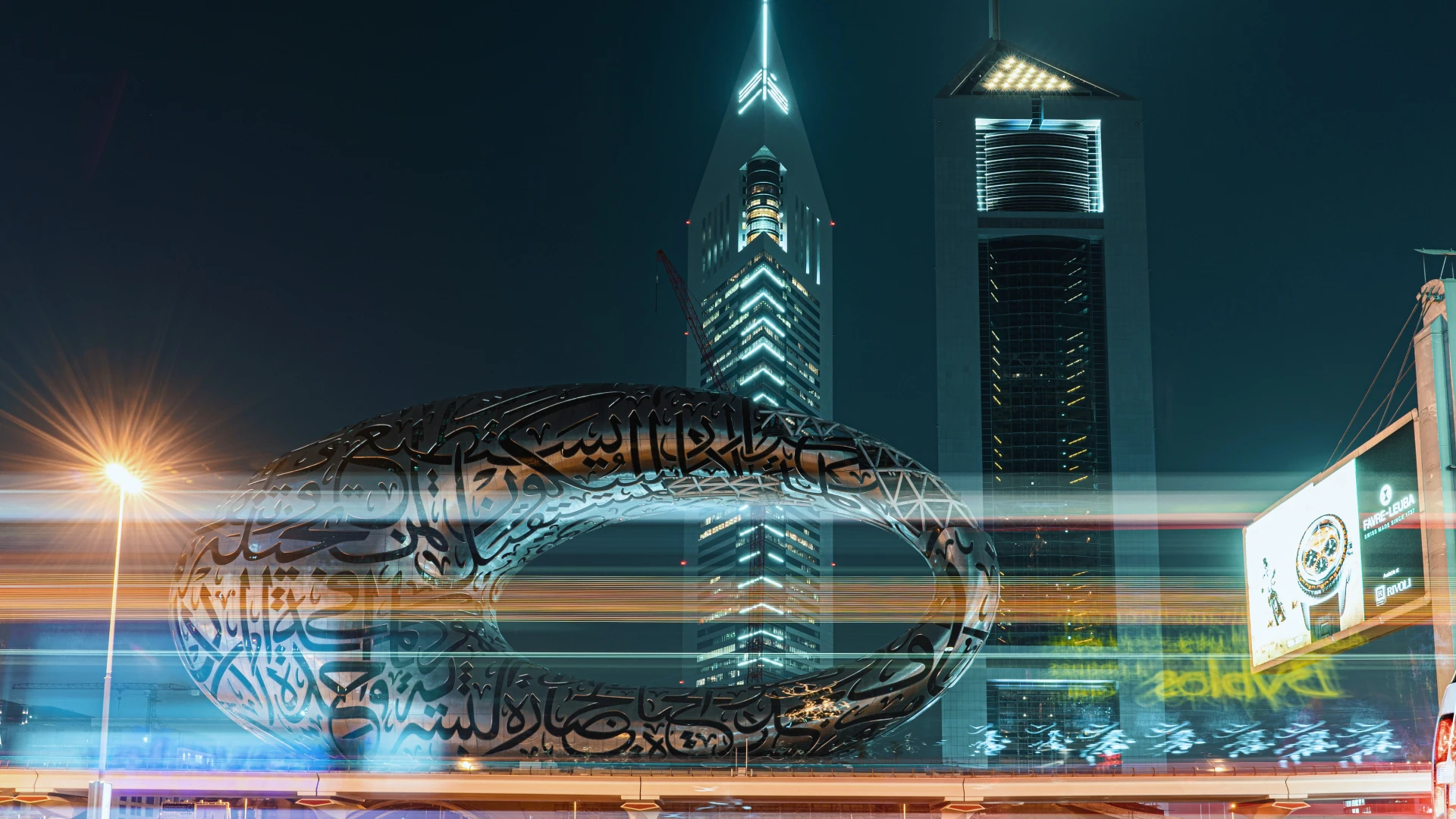The world of work is changing rapidly. The rise of digitalization and artificial intelligence (AI) is having a profound impact on the way we work.
In the UAE, the government is committed to making the country a global hub for digital innovation. As part of this effort, the government is investing heavily in digital infrastructure and skills development.
This is creating new opportunities for businesses and workers in the UAE. However, it is also creating challenges. Businesses need to adapt to the changing landscape, and workers need to upskill to stay ahead of the curve.
How Digitalization and AI are Changing the Way We Work
Digitalization is changing the way we work in a number of ways. For example, digital technologies are making it possible for us to work from anywhere in the world. This is leading to the rise of the “gig economy,” where people work as independent contractors on a project-by-project basis.
AI is also having a major impact on the way we work. AI-powered tools are automating tasks that were once done by humans. This is freeing up workers to focus on more creative and strategic work.
Examples of How Digitalization and AI are Changing the Way We Work
There are many examples of how digitalization and AI are changing the way we work. Here are a few examples:
- In the healthcare sector, AI-powered tools are being used to diagnose diseases, develop new treatments, and provide personalized care.

- In the financial sector, AI-powered tools are being used to automate trading, detect fraud, and provide customer service.

- In the retail sector, AI-powered tools are being used to personalize product recommendations, optimize inventory, and manage customer service.

- In the transportation sector, AI-powered tools are being used to develop self-driving cars, optimize traffic flow, and improve safety.

The Future of Work in the UAE
The future of work in the UAE is bright. The government’s commitment to digital innovation is creating new opportunities for businesses and workers. However, there are also challenges that need to be addressed.
One challenge is the digital skills gap. The UAE needs to ensure that its workforce has the skills they need to take advantage of the opportunities that digitalization and AI offer.
Another challenge is the need for a more flexible workforce. The gig economy is growing, and businesses need to be able to adapt to this new way of working.
Conclusion
The future of work in the UAE is changing rapidly. Digitalization and AI are having a profound impact on the way we work. Businesses and workers need to adapt to these changes in order to succeed.
The UAE is well-positioned to embrace the future of work. The government’s commitment to digital innovation is creating new opportunities for businesses and workers. However, the UAE needs to address the digital skills gap and the need for a more flexible workforce.
By addressing these challenges, the UAE can ensure that it remains a global hub for digital innovation and a leader in the future of work.

